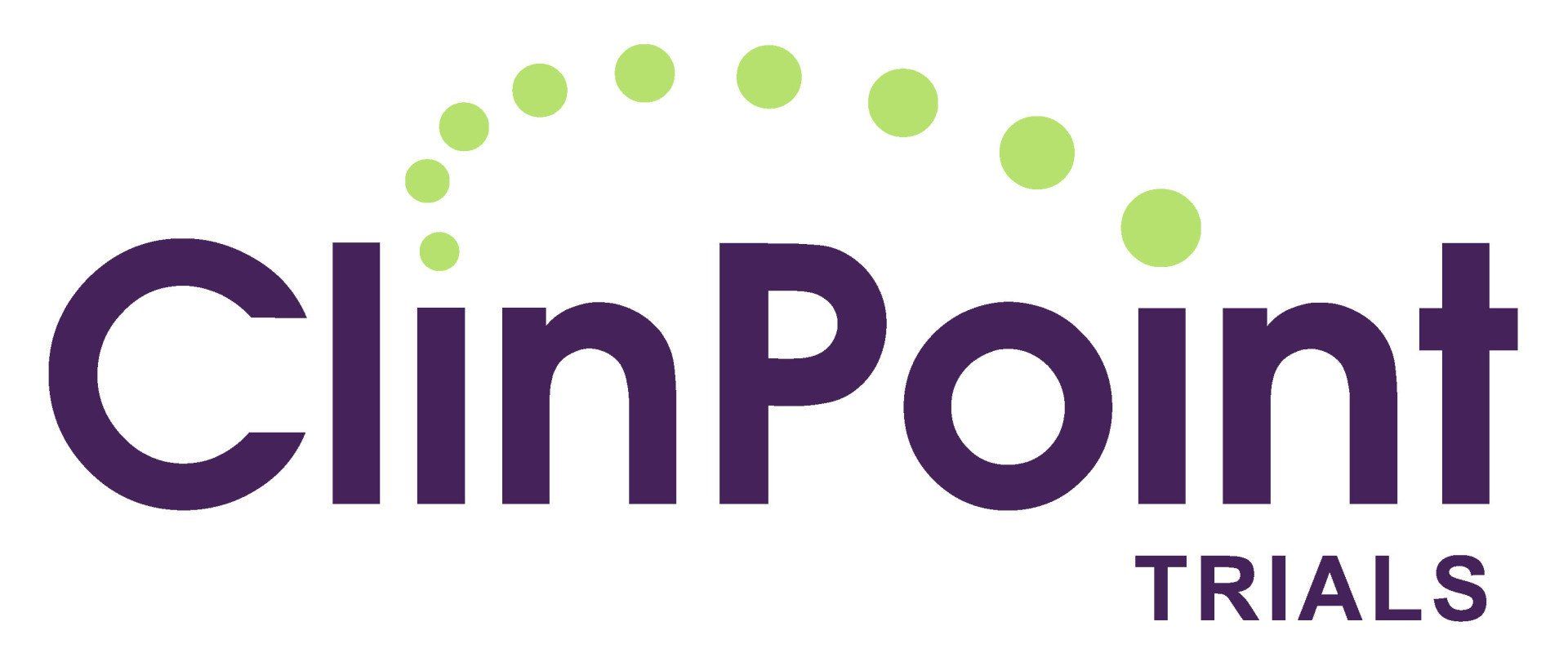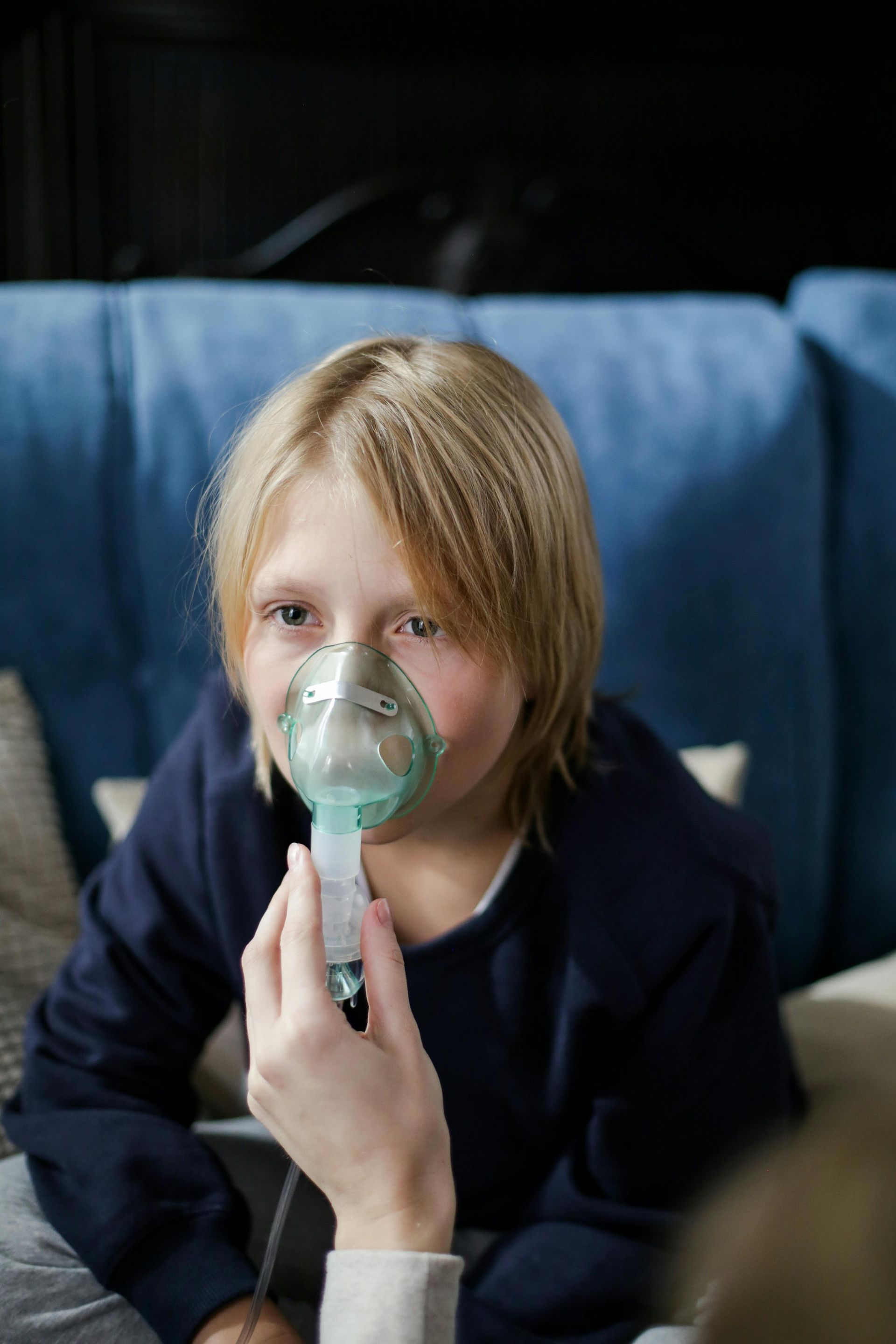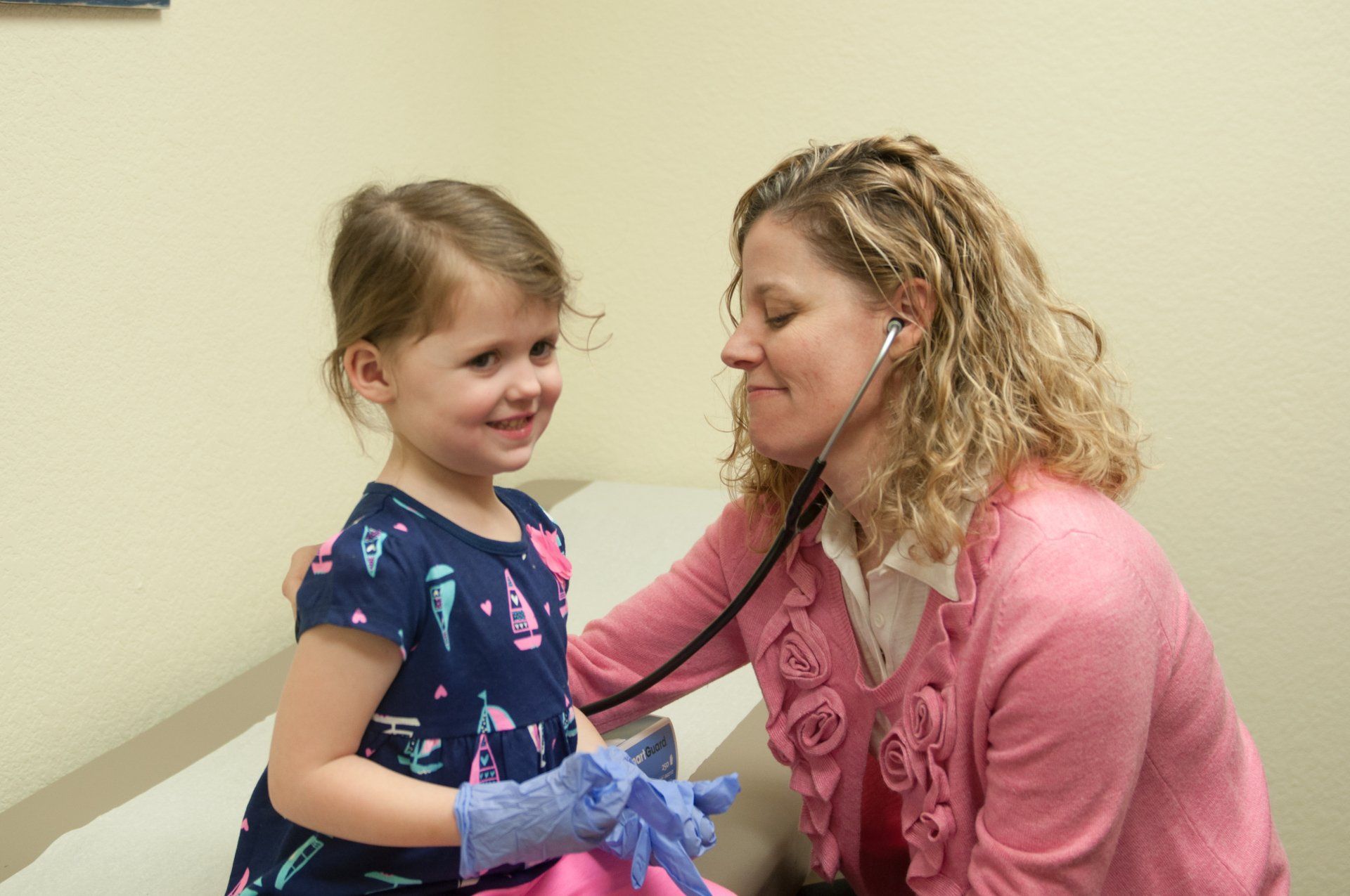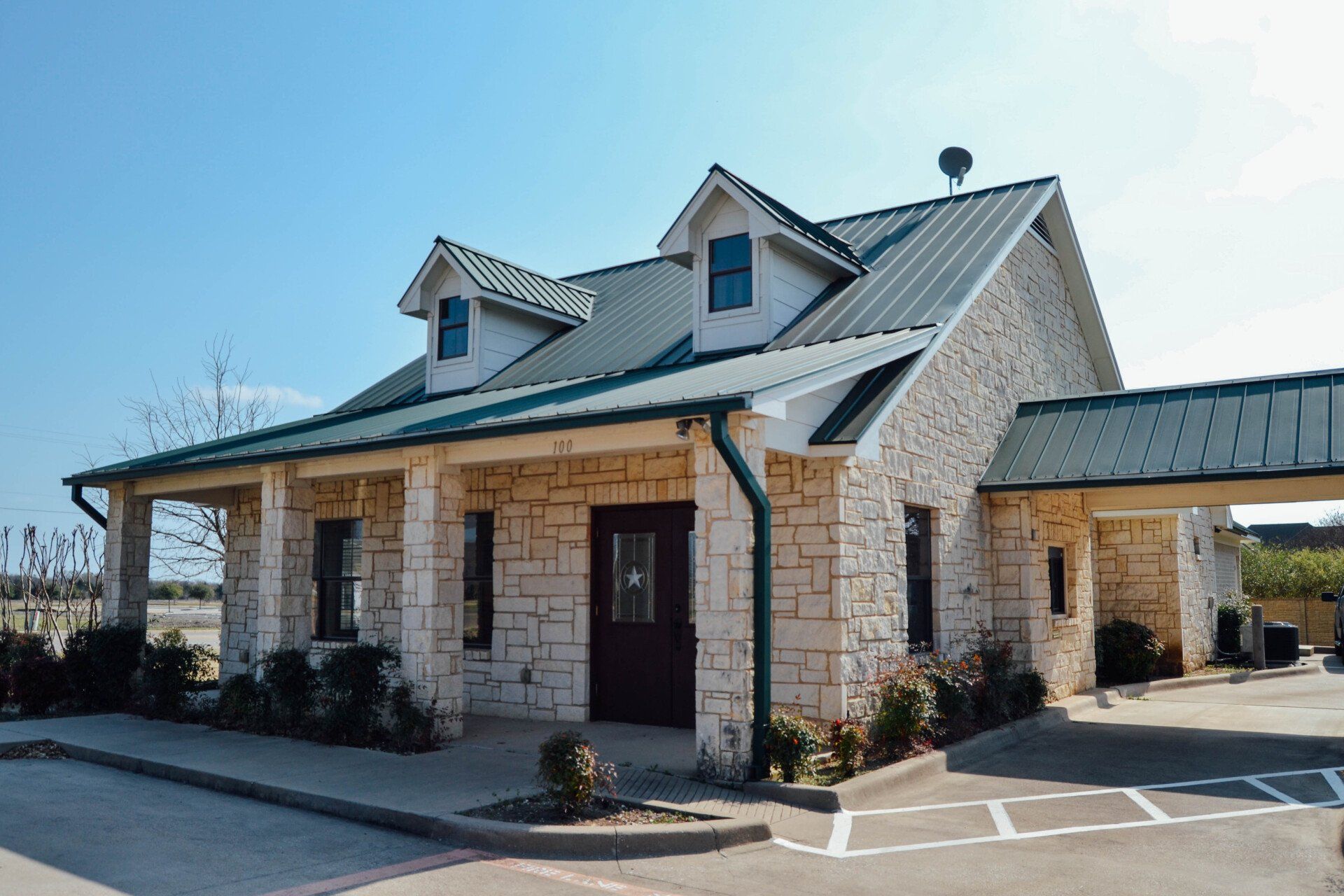FEATURED ARTICLES
Childhood Migraines

Any adult who has experienced the occasional migraine knows how miserable it can be. And imagine if you have a migraine more often- monthly? Weekly? Well, children have migraines as well. In fact, we know migraines can occur at any childhood age, and the prevalence often increases into adolescence. For a child with recurring headaches, accurate diagnosis is most important for proper management since distinct types of headaches often have different treatment guidelines.
However, the way migraines affect your child can have more consequences than “just a bad headache.” Studies show us that success in high school and college often builds on success from the elementary and junior high years. So as we see children with migraines often miss more school days, this translates to less time learning in front of a teacher- the foundation of educational development during these years can become compromised. Sometimes a child may even be labeled as uncooperative by school leaders due to the child’s lack of classroom participation from the migraine symptoms.
The social aspect of migraines can have far-reaching effects as well. School children may be isolated from social situations due to their symptoms (if you’ve ever had a migraine then you know how sensitive any noise can be). Other children may dismiss your child from a group activity or even bully the child due to a perceived faking of migraine symptoms. Your child may even avoid sports or exercise because the activity worsens their migraine symptoms. At home, parents often find themselves missing work when they stay home to care for their child during a migraine episode. Siblings often become resentful towards the migraine child from having to “keep quiet” and “not so loud” to not worsen the ailing child.
So, with migraines affecting a child in multiple ways, what can you do? It takes a coordinated effort with your PCP, teachers, and school nurses. Keep a journal of symptoms to aid your PCP in an accurate diagnosis. The PCP may even refer you to a headache specialist (neurologist). At school, communicate up front and regularly with the staff regarding days when migraine symptoms are present for alternative activities and accommodations.
Ongoing research is addressing the management of migraine flare-ups and prevention of migraines. Many treatment medications available for adults are being studied for children as well. Maybe participating in one of these migraine studies is right for your child…














